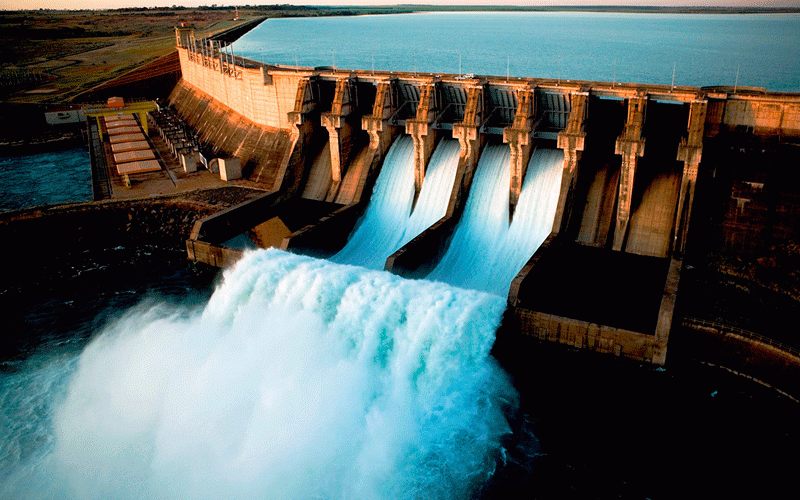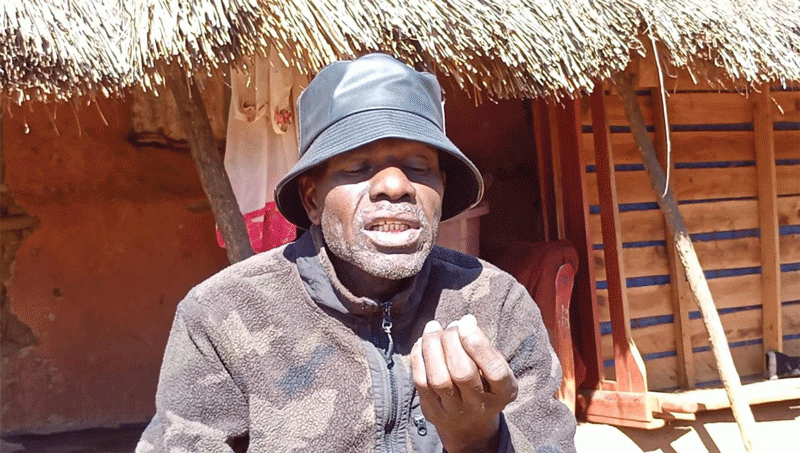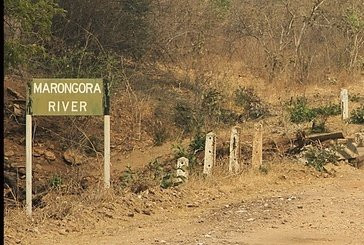
RESIDENTS’ associations have warned of an imminent humanitarian disaster if urgent contingency plans are not put in place following the decommissioning of the Prince Edward Water Treatment Plant in Chitungwiza.
The City of Harare has announced that the water treatment plant will be temporarily decommissioned as water levels are now unbearably low.
The local authority, however, reassured residents that the water works will be recommissioned when the dams fill up, most likely during the coming rainy season.
In a statement, the Combined Harare Residents Association (CHRA) said the decommissioning would see the city and communities facing a variety of challenges.
“In the upcoming days, we foresee an increase in conflicts and gender-based violence at public water points as residents compete to access water and mechanisms to protect women and girls from all forms of violence at public water points must be put in place,” CHRA said.
“Lack of investment in water infrastructure has put a strain on the health budget as the government and the City of Harare respond to waterborne disease outbreaks.”
The Zimbabwe National Water Authority (Zinwa) recently warned that acute water shortages are looming in most of Zimbabwe’s urban areas, including growth points, as the effects of the El Niño-induced drought bite.
The residents’ organisation implored the government to expedite the completion of Kunzvi Dam as an alternative raw water source for Harare.
- Teachers, other civil servants face off
- Veld fire management strategies for 2022
- Magistrate in court for abuse of power
- Vungu Dam water treatment and irrigation project takes off
Keep Reading
“While we appreciate the much-needed investment in water infrastructure and water resources, we remain opposed to water privatisation. Water remains a public good.”
CHRA director Reuben Akili said lack of water as a result of the decommissioning would compromise hygiene in several households.
“People will start looking for water for other domestic purposes, forsaking handwashing, which will then see an increase in water-borne diseases,” he said.
Chitungwiza Residents Trust director Alice Kuveya said there was a danger of a severe disaster.
“This is going to be a bad disaster because we already do not have enough water,” she said.
“We are not receiving clean, safe and potable water as provided for in the Constitution in Chapter 77.”
Kuveya said it was unfortunate that efforts to establish multiple water sources for Chitungwiza have been washed down the drain.
“We are hoping that central government will consider the building of our own source of water this year on their budget,” she said.
City of Harare spokesperson Stanley Gama, however, told NewsDay that the decommissioning is temporary as council puts all hands on deck to ensure normal operations are restored.
“As soon as there is water, operations will resume, but at the moment, the local authority will try and supply water from Morton Jaffray waterworks,” he said.
Early this year, government allayed fears of water shortages in the country, saying Zimbabwe had sufficient water reserves, particularly in urban areas.











